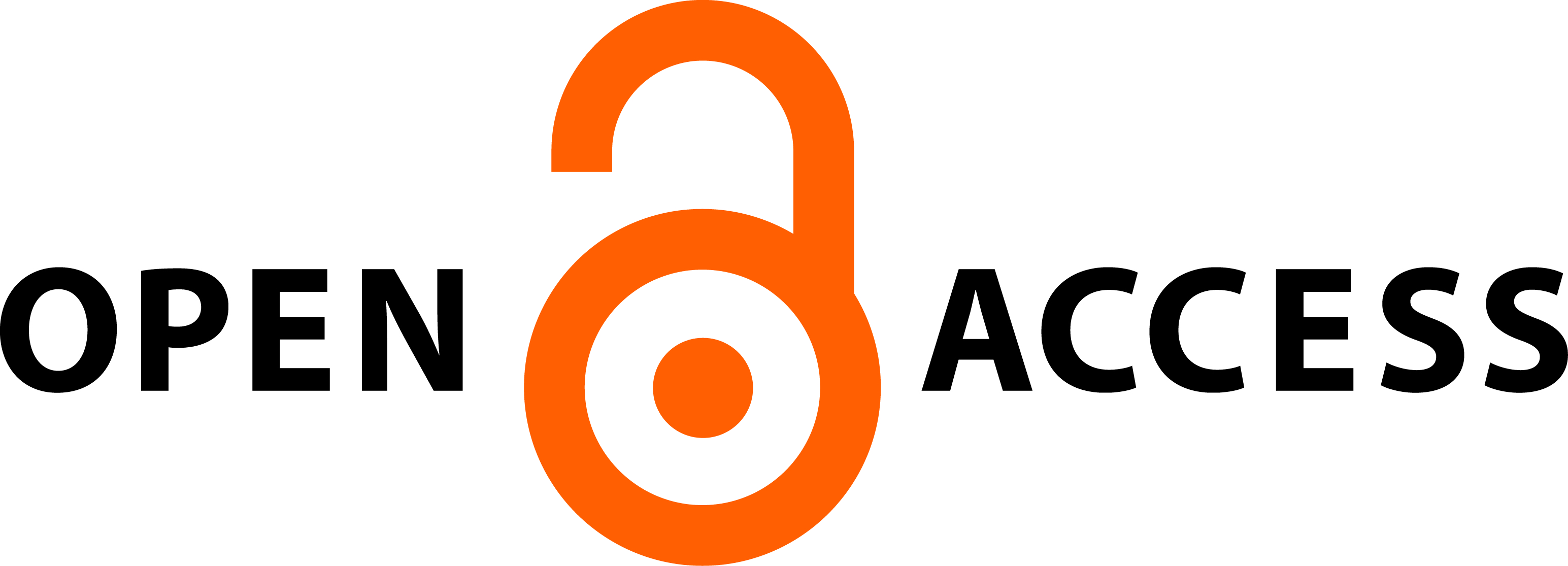Penerapan Prinsip Kehati-hatian dalam Pembiayaan dan Kredit di BRI Unit Mlarak dan BMT Hasanah Ponorogo
DOI:
https://doi.org/10.21154/muslimheritage.v1i1.386Keywords:
principle of circumspection, micro finance institutionAbstract
Abstract: Bank Indonesia, through the Bank Indonesia Regulation (PBI) No. 6/10 / PBI / 2004 dated 12 April 2004 on the System of Assessment of the Soundness of Financial Institutions, determined that the maximum tolerated NPL (non-performing loans) and NPF (non performing finance) is 5%. It was found that the average NPL at BRI Mlarak Ponorogo is only 1%, while NPF at BMT Hasanah Mlarak reached an average of 15%. The discrepancy in numbers is due to the inequality in the application of the precautionary principle, especially in the provision of financing. This study compares the application of the principles of prudence in the process of financings and loans in both institutions. It was found that: First, prudential standards in BRI Unit Mlarak are based on the guidelines for the implementation of micro business loans (PPKBM), while BMT Hasanah has not yet implemented the principles of prudence properly, because it has no strict standard operating procedures (SOP) of financing. Secondly, the principles of prudence have enhanced the reputation of BRI Mlarak and, conversely, the weakness of the application of these principles has negative impact on the BMT Hasanah.
Abstrak: Bank Indonesia melalui PBI Nomor 6/10/PBI/2004 tanggal 12 April 2004 tentang sistem penilaian tingkat kesehatan lembaga keuangan, menetapkan bahwa rasio kredit bermasalah (Non Performing Loan, NPL maupun Non Performing Finance, NPF) adalah 5%. Dalam praktik pada BRI Unit Mlarak Kabupaten Ponorogo dengan rata-rata NPL hanya 1% sedangkan BMT Hasanah Kecamatan Mlarak rata-rata NPF 15%. Perbedaan angka NPL dan NPF diantarnya disebabkan oleh perbedaan penerapan prinsip kehati-hatian khususnya dalam pemberian pembiayaan/kredit. Penelitian ini mengkaji seputar penerapan prinsip kehati-hatian dalam proses pembiayaan dan kredit di kedua lembaga tersebut. Berdasarkan penelitian, temuan peneliti, Pertama, implementasi prinsip kehati-hatian di BRI Unit Mlarak melalui mekanisme PPKBM atau Pedoman Pelaksanaan Kredit Bisnis Mikro. Sementara pada BMT Hasanah belum melaksanakan prinsip kehati-hatian dengan benar karena belum adanya SOP pembiayaan. Kedua, Implikasi prinsip kehati-hatian di BRI Mlarak memberikan dampak positif secara bisnis dan reputasi. Sedangkan di BMT Hasanah berdampak negatif dengan NPF tinggi, karena kualitas SDM dan dukungan IT yang belum memadai sehingga perlu penerapan good corporate governance.Downloads
Published
Issue
Section
License
Requirements to be met by the author as follows:
- Author storing copyright and grant the journal right of first publication manuscripts simultaneously with licensed under the Creative Commons Attribution License that allows others to share the work with a statement of the work's authorship and initial publication in this journal.
- Authors can enter into the preparation of additional contractual separately for non-exclusive distribution of a rich version of the journal issue (eg:post it to an institutional repository or publish it in a book), with the recognition of initial publication in this journal.
- Authors are allowed and encouraged to post their work online (eg, in institutional repositories or on their website) prior to and during the submission process, because it can lead to productive exchanges, as well as citations earlier and more severe than published works. (see The Effect of Open Access).















